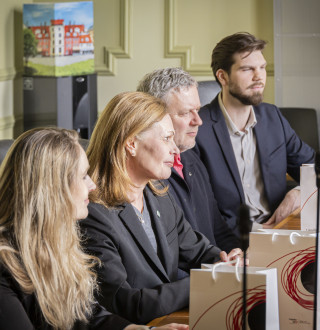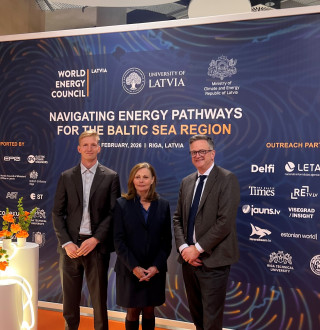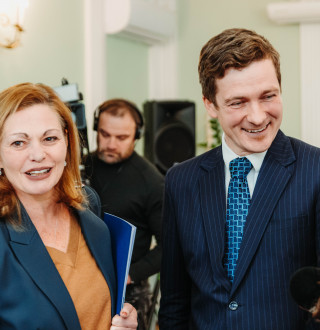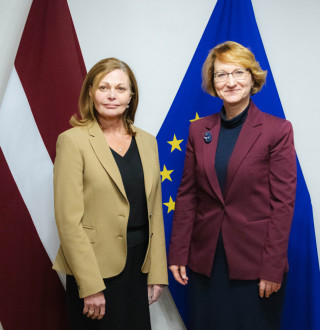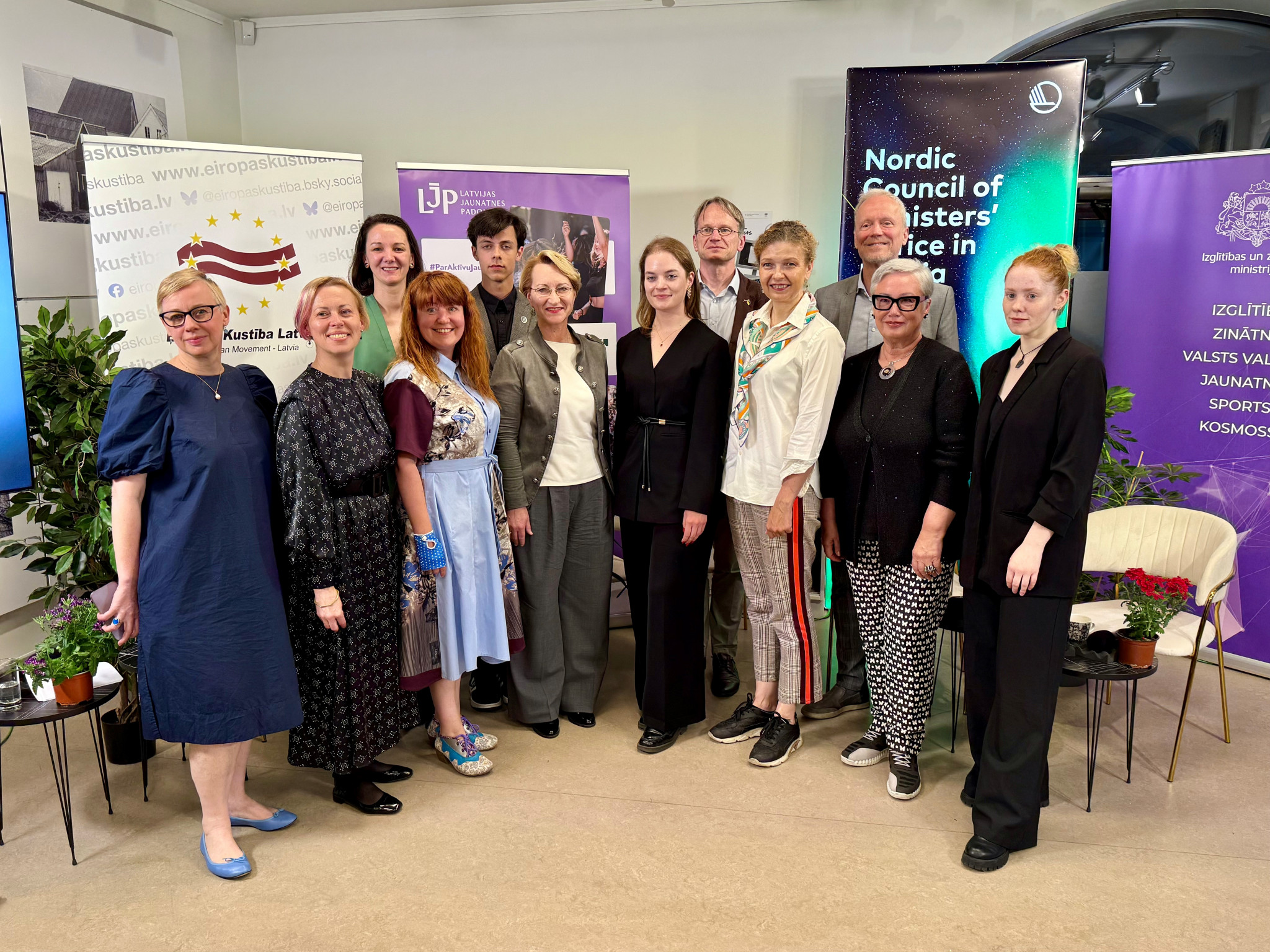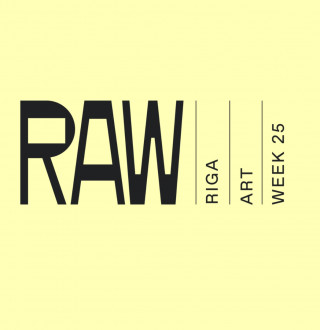From 19 to 31 May 2025, the first-ever Signal elections in Latvia took place – a civic education initiative aimed at introducing 16- and 17-year-olds to the democratic process. Through this pilot project, young people had the opportunity to participate in mock elections (in Latvian – Signālvēlēšanas), voting for the same political parties contesting the official municipal elections. The online vote was conducted at www.signalvelesanas.lv.
Signal elections were held in 15 municipalities across Latvia, randomly selected at the launch of the project. The highest turnout was seen in Ludza, Alūksne, Balvi and Daugavpils, where nearly 30% of eligible young people cast their vote. Meanwhile, voter activity remained below 10% in municipalities such as Ķekava, Tukums, Saulkrasti, as well as in Riga and Jūrmala.
The project was implemented in three phases. First, in February and March, youngsters created proposals to be included in party programmes, focusing on issues they found relevant. In April and May, they explored the electoral process through educational materials, learning how to critically evaluate political platforms and select candidates aligned with their values. The final stage was voting.
The Signal Elections were implemented in collaboration with schools, youth organisations and municipalities. At the conclusion of the project, partners noted that the outcomes and the overall engagement were significantly influenced by adults – teachers, school leaders, civil servants and officials – who were open to youth participation and willing to explain political processes. Their support helped foster a new generation of active and responsible voters. However, it also became clear that not all schools and municipalities had created an enabling environment, highlighting a broader weakness in democratic culture.
The project was carried out in close collaboration with schools, youth organisations and municipalities. Organisers concluded that adult engagement played a decisive role in the success of the initiative – particularly teachers, school administrators and officials who supported the idea that young people’s voices matter and took the time to explain democratic processes. However, it also became clear that not all schools and municipalities had created an enabling environment, highlighting a broader weakness in democratic culture.
Liene Valdmane, Secretary General of the European Movement in Latvia and project lead, stated:
“During the implementation of Signal elections, we heard phrases like ‘Democracy is not a priority this spring, math is more important’; ‘We don’t want you to talk about elections because that’s campaigning’; ‘My vote doesn’t change anything’ and so on. These attitudes come from lack of knowledge, irresponsibility, and insufficient understanding of democracy. Being an active citizen is our duty, not just a hobby. School should be a safe space where young people can learn to practise democracy, not just understand it theoretically through a few theoretical lessons. The results of Signal elections clearly show the urgent need to strengthen civic competence in Latvian schools.”
Stefans Eriksson, Director of the Nordic Council of Ministers’ Office in Latvia, stressed the broader context and the Nordic angle:
“Our democracies are challenged today by many factors, one of which is the decreased interest in participating in elections. This problem is common to both Nordic and Baltic countries. Young people are our future, and their engagement and belief democratic processes are essential for the sustainability of democracy. The experience of the project points out some of the challenges in youth engagement, which in many ways are common to citizens´ civic engagement in general. How do we make young people trust democratic processes? How do we encourage society to welcome youth engagement? How do we improve societal dialogue in general? I hope that this initiative will be followed up by a nationwide signal election campaign during the upcoming Saeima elections next year. For this to happen, the continued support of Latvian governmental, municipal and youth non-state organisation will be crucial.”
On 7 June, the project concluded with an expert panel analysing the election results. Participants included Latvia’s Minister for Education and Science Dace Melbārde, political scientist Žaneta Ozoliņa, international election expert Inta Lase, civics teacher Marta Rībele, and youth representative Kārlis Zikmanis from Jelgava. The discussion was moderated by Andris Gobiņš, President of the European Movement in Latvia.
Kārlis Zikmanis, who organised Signal elections in three schools in Jelgava, underlined the need for broader education in politics, governance and civic engagement. He called for development of young people’s critical thinking and analytical skills – essential for making informed electoral decisions.
Minister Dace Melbārde pointed to deeper systemic issues, noting that the outcome of the Signal Elections is just the visible part of a larger problem. In her view, participation in democratic processes requires a long-term and systematic effort – schools and the entire education system must prepare youngsters not just for election day, but for life in a democratic society. Moreover, she highlighted the need to strengthen dialogue between young people and decision-makers.
Project partners agree that the Signal elections are just one step on a longer path toward meaningful civic participation. It is an important milestone; however, a lot remains to be done in order to ensure that youngsters are capable of building a mature, resilient and civically engaged society.
Participating municipalities
Municipalities that were randomly selected for the pilot project: Alūksne, Balvi, Bauska, Daugavpils, Dobele, Jūrmala, Ķekava, Liepāja, Ludza, Madona, Rēzekne (municipality and city), Rīga, Saulkrasti, Tukums, and additionally – three schools in Jelgava.
Signal elections, which gained wide media coverage on the local news outlets – were implemented by the European Movement in Latvia and the Latvian Youth Council, with the support of the Ministry of Education and Science and the Nordic Council of Ministers’ Office in Latvia. Signal elections are inspired by the tradition of school mock elections held in the Nordic countries.
